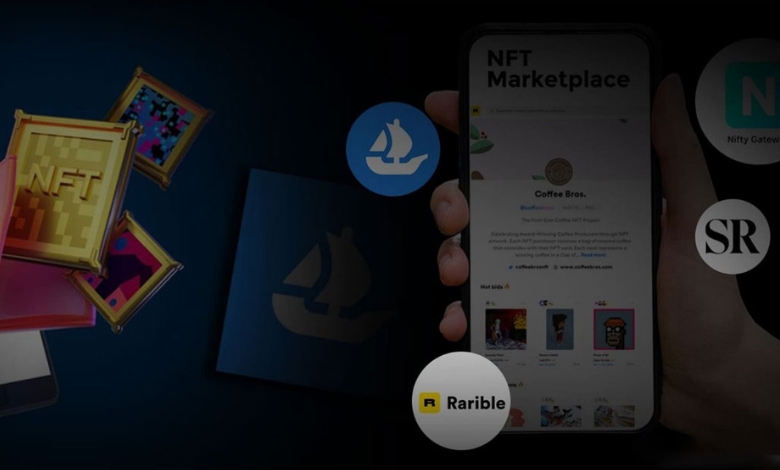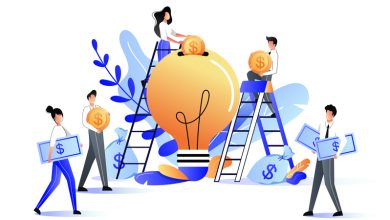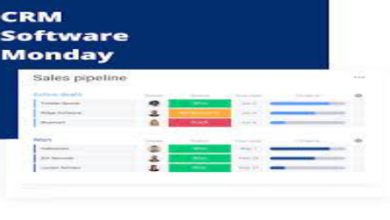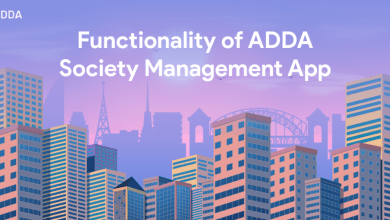NFT Aggregator Marketplace Development: Go To Trending Business Model for NFT Trading in 2023

NFTs, or non-fungible tokens, are digital assets that are unique and indivisible. They are often used to represent ownership of digital assets such as art, music, videos, and other forms of media. NFTs are stored on a blockchain and can be bought, sold, and traded like any other asset.
One way to discover and explore the world of NFTs is through NFT aggregators. An NFT aggregator is a platform or service that gathers and displays information about NFTs from multiple sources. This can include listings of available NFTs for sale, market data and trends, and other information about the NFT market.
How does the NFT aggregator platform work?
NFT aggregators can be useful for both buyers and sellers of NFTs. For buyers, an NFT aggregator can provide a central location to browse and discover NFTs from a wide range of sources. This can make it easier to find the specific NFTs that you are interested in, as well as to compare prices and availability.
For sellers, an NFT aggregator can provide a way to reach a wider audience and showcase their NFTs to a larger pool of potential buyers. This can be especially beneficial for smaller sellers or those who may not have a large following or presence on social media.
In addition to traditional NFT aggregators, there are also NFT aggregator platforms that allow users to create and operate their own NFT marketplaces. These platforms provide the infrastructure and tools necessary for users to build and manage their own NFT marketplaces, including features such as payment gateways, user management, and integration with other platforms.
Analysis of NFT aggregator platform development
Developing an NFT aggregator platform requires a deep understanding of the NFT market and the underlying technology. It is important to have a solid understanding of the different types of NFTs and their uses, as well as the different blockchain platforms that are commonly used for NFTs (such as Ethereum, Binance Smart Chain, and Polygon).
Since NFT aggregator platforms are online marketplaces or directories that allow users to browse and discover NFTs from various sources or “aggregate” them in one place, the need for the right set of features to integrate into the platform is imperative. Some of the top features of NFT aggregator platforms may include,
Wide range of NFTs: NFT aggregator platforms typically offer a diverse selection of NFTs from various creators and projects, including art, music, collectibles, gaming items, and more.
Filtering and search capabilities: NFT aggregator platforms often allow users to filter and search for NFTs by various criteria, such as category, artist, price range, and more, to help users find the specific NFTs they are interested in.
User reviews and ratings: Some NFT aggregator platforms include user reviews and ratings to help users evaluate the quality and value of NFTs before making a purchase.
Integration with blockchain wallets: NFT aggregator platforms typically integrate with popular blockchain wallets, such as MetaMask or Coinbase Wallet, to allow users to securely store and manage their NFT collections.
Support for multiple blockchains: Some NFT aggregator platforms support NFTs from multiple blockchain protocols, such as Ethereum, Binance Smart Chain, and more, to provide users with a wider range of options.
Social features: Many NFT aggregator platforms include social features, such as forums, chat rooms, or user profiles, to allow users to connect with other NFT collectors and artists and share their experiences and insights.
In addition, developing an NFT aggregator platform requires technical expertise in areas such as web development, database management, and security. It is also important to have a strong understanding of user experience design and how to create a user-friendly and intuitive platform.
One of the key challenges in developing an NFT aggregator platform is ensuring that the platform is able to handle large amounts of data and traffic. NFT marketplaces can generate a lot of traffic and data, and it is important to have a platform that can handle this load without experiencing delays or downtime. This requires a strong foundation in areas such as server infrastructure, database management, and caching.
This is where you may need the help of an NFT aggregator development company.
Top NFT aggregator development companies
It is difficult to identify the “top” NFT aggregator development companies, as there are many factors that can influence a company’s ranking or reputation. Some things to consider when evaluating NFT aggregator development companies may include the company’s experience and track record, the services they offer, the technology they use, and the feedback and reviews from their clients.
Here are a few examples of companies that offer NFT aggregator development services:
Appdupe: It is a NFT development company that offers NFT aggregator development services. They have a team of experienced developers who can help you build a custom NFT marketplace or integrate NFT functionality into your existing platform.
Blockchain App Factory: It is a blockchain development company that offers NFT aggregator development services. They have experience building custom NFT marketplaces and can help you design and develop a platform that meets your specific needs and requirements.
Inoru: It is a popular web3 development company that also offers development services for custom NFT marketplaces. They have a strong track record in the NFT space and offer a range of services including marketplace development, smart contract development, and NFT consulting.
Turnkeytown: It is a crypto development company that offers NFT platform development services. They specialize in building custom NFT marketplaces and have experience working with a variety of blockchain platforms.
Again, it is important to carefully evaluate any company that you are considering working with, as there are many factors that can influence a company’s reputation and quality of service. Some things to consider may include the company’s experience and track record, the services they offer, the technology they use, and the feedback and reviews from their clients.
Popular NFT Aggregators in the Market
To get better ideas and form strategies, it is best to checkout the top NFT aggregators in the market. There are several popular NFT aggregators in the market:
OpenSea: It is a decentralized marketplace for buying and selling NFTs, including collectibles, art, and in-game items. It supports multiple blockchain platforms, including Ethereum, Polygon, and Binance Smart Chain.
Rarible: It is a marketplace for buying and selling NFTs, with a focus on digital art and collectibles. It allows creators to mint their own NFTs and earn royalties on sales.
SuperRare: It is a platform for buying and selling digital art as NFTs. It features a curated selection of art from established and emerging artists.
KnownOrigin: It is a marketplace for buying and selling digital art as NFTs. It features a range of art styles and mediums, including digital paintings, illustrations, and photographs.
Cryptovoxels: It is a virtual world platform that uses NFTs to represent ownership of virtual real estate. Users can buy and sell virtual land, buildings, and other assets using NFTs.
These are just a few examples of NFT aggregators. There are many others out there, each with its own focus and offerings.
Before moving on to the development, another challenge to address is ensuring that the platform is able to securely handle financial transactions and protect user data. NFT marketplaces often involve the exchange of large amounts of money, and it is important to have robust security measures in place to protect against fraud and other threats. This includes implementing secure payment gateways, as well as measures such as encryption and secure user authentication.
Conclusion
Overall, developing an NFT aggregator platform is a complex and challenging task that requires a deep understanding of the NFT market, the underlying technology, and the user experience. However, with the right expertise and resources, it is possible to build a successful and scalable platform that can provide value to both buyers and sellers of NFTs.





